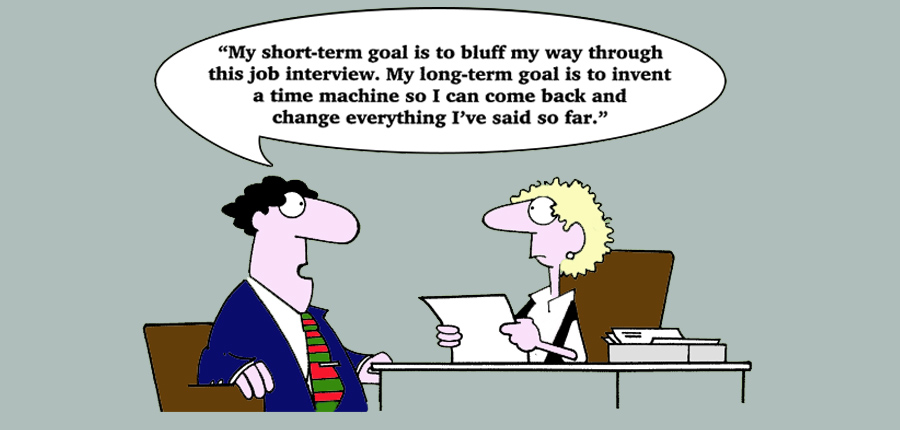25.06.2014
Seven Deadly Sins of Interviews
Some helpful thoughts and advice on the mistakes to avoid when attending a job interview.
When trying to find somebody the perfect job, I spend a lot of time offering support and advice on everything from salary expectation to CV style, market advice to interview technique.
There are many variables that affect the success of a job search, but in terms of the job seeker, the most important ingredient is undoubtedly the interview.
It’s the moment when you discover if the chemistry is right. You find out whether you fit with an organisation in terms of job demands, expectations, aspiration, attitude, personality and organisational culture.
Your mood, nerves and the level of pressure you place upon yourself will play a huge role in how you perform on the day, but there are a number of simple ‘sins’ you can avoid to dramatically increase your chances of success:
- Spontaneity
Great in life, but in a job interview it’s the old adage ‘if you don’t prepare, prepare to fail’ that rings true. I know it’s obvious, but even organising your travel in advance will help keep stress levels down and allow you to be yourself. If there’s a presentation, rehearse it. If there’s a competency based test, think about the likely questions and work out what you want to get across and how you will structure your answers. The more you plan, the more comfortable and relaxed you’ll feel on the day.
- Slovenly
First impressions are crucial and if you’re not dressed appropriately it will have a big bearing on the outcome. Do some research and get a feel for the working environment. If it’s corporate, you require a suit. If it’s less formal, perhaps you don’t need a jacket or tie; what is certain is that if you don’t know, make sure you go overdressed rather than under!
- Negativity
Prospective employers avoid those who drain energy and cause disharmony. Without wanting to sound patronising, your aim is to show that you’re exactly the opposite. Arrive with an optimistic outlook. Talking as if your glass is half-full combined with strong and positive body language will show you are someone who is both confident and sees opportunities.
- Arrogance
Your interview is the chance to sell yourself, but try not to come across as too confident; arrogance is not a trait many employers look for. You want to demonstrate that you not only have the ability to do the job, but will add value to their existing team. Although it’s sometimes a fine line, by simply being courteous and polite, not interrupting or taking yourself too seriously, you can still show confidence but with humility.
- Ignorance
There’s a temptation to squeeze in everything you want to get across, regardless of the questions – resist it. To be successful you need to listen carefully to what it is you are being asked. Too often people regret the way they rushed in to a question or brief. If you don’t get the opportunity to share key points don’t panic. You can offer them at the end and, provided they’re relevant, they will show you are right for the role and understand its requirements.
- Diffidence
Job interviews are particularly difficult for those who suffer from shyness, but being timid portrays a lack of confidence and will restrict you from achieving your potential. Preparation is again key. Focus on your strengths and by preparing responses to typical interview questions and having some pre-prepared questions to ask of your own, you will be able to overcome it.
- Apathy
Interviews are a two-way process. You both need to decide whether or not you think you have a future together, so even if you’re not yet passionate about the business, show you’re passionate about what you do. Following any interview you should make sure you get feedback as, like everything in life, if you don’t evaluate what happened, you will never improve.
 " alt="">
" alt="">

